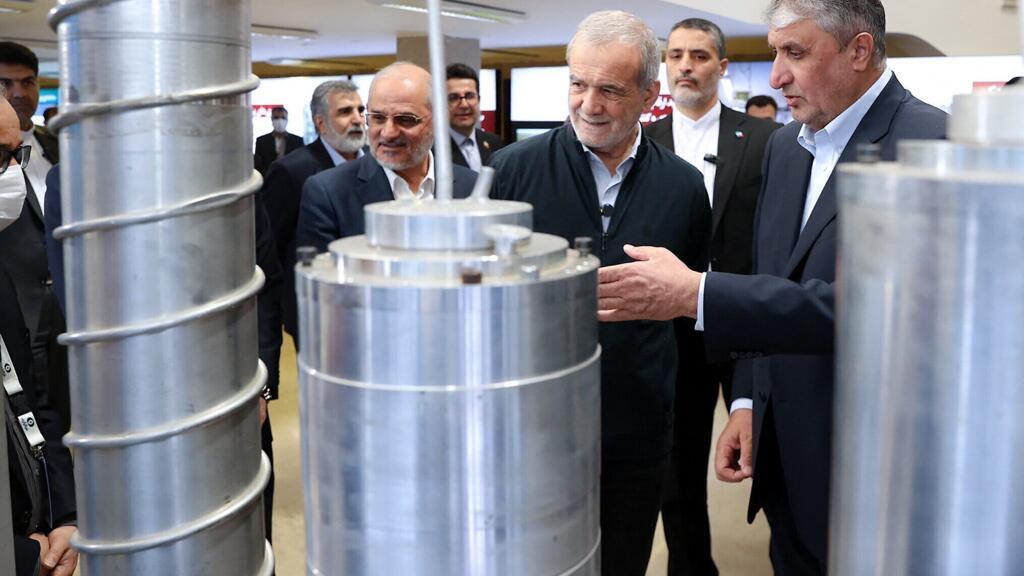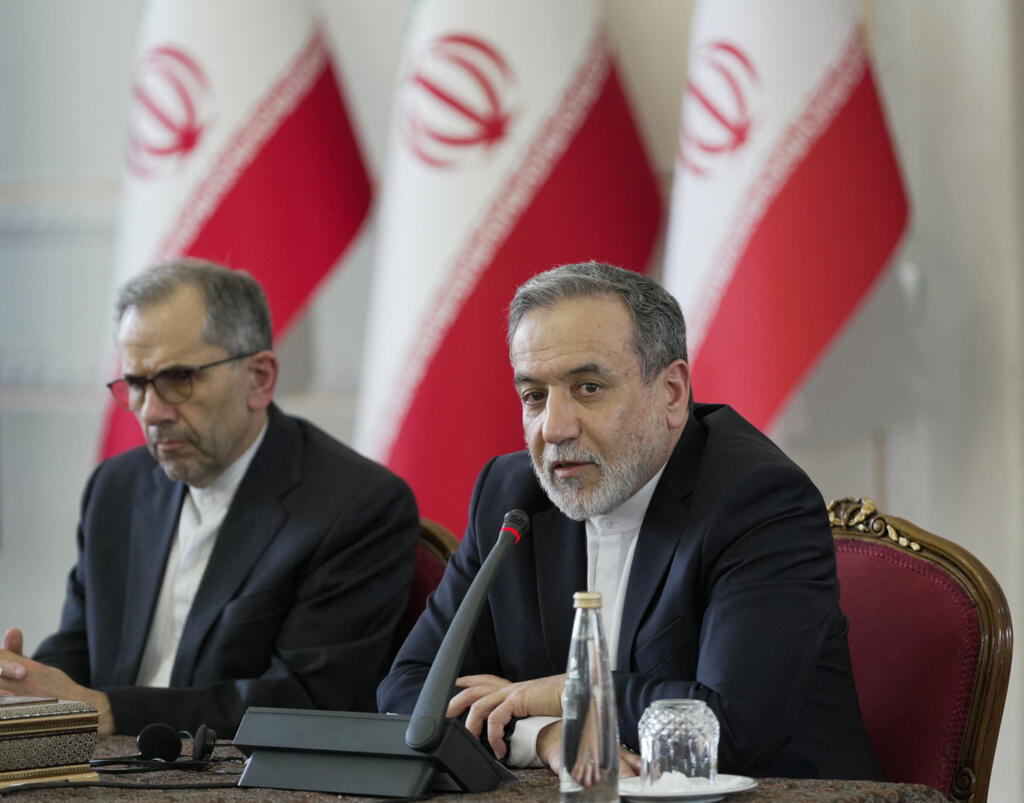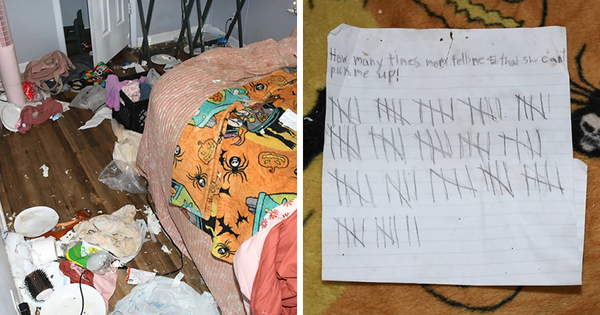
Iran and Europe’s leading powers are racing on the sidelines of the the UN General Assembly to strike a deal on Tehran's nuclear programme before a 27 September deadline triggers the return of sanctions.
As the UN General Assembly gets into full swing in New York, Iran and Europe’s so-called E3 – Britain, France and Germany – are engaged in frantic back-room diplomacy aimed at stopping the reimposition of UN sanctions on Tehran over uranium enrichment.
Foreign ministers from the four sides, joined by the EU’s new foreign policy chief Kaja Kallas, are meeting on Tuesday in what is being billed as a final attempt to salvage some space for negotiation.
It follows weeks of rising tension over Iran’s nuclear programme, which Western capitals say breaches the 2015 nuclear deal designed to block Tehran from developing an atomic weapon.
The E3 triggered a 30-day “snapback” process on 28 August, accusing Iran of falling short of its commitments and threatening to restore sanctions unless Tehran acts fast.
The deadline looms large, as if no agreement is reached by 27 September, all UN sanctions will automatically snap back into place, tightening the economic screws on a country already struggling with years of restrictions and domestic discontent.
Iran and Europe hold Geneva nuclear talks as sanctions deadline looms
'Cooperation or confrontation'
Iran insists its nuclear activities are purely peaceful, but European diplomats argue that the stockpile of enriched uranium, patchy access for international inspectors, and lack of progress on fresh negotiations with the United States are cause for alarm.
Iranian Foreign Minister Abbas Araqchi struck a defiant but still conciliatory note on Monday, telling Iranian state TV: “They have tested Iran repeatedly and know we do not respond to the language of pressure and threat. I hope we can find a diplomatic solution in the coming days, otherwise Tehran will take appropriate measures.”
He confirmed that Tehran has been in contact with E3 and EU officials, as well as the International Atomic Energy Agency’s director general Rafael Grossi, in search of a breakthrough. “I am in New York to use these remaining days for diplomatic consultations that might lead to a solution,” he said.
Iran nuclear sites suffered 'enormous damage', IAEA chief tells RFI

Room for talks
To buy more time, Britain, France and Germany have presented an offer – suspend the sanctions trigger for up to six months if Iran restores full access for UN inspectors, reins in its enriched uranium reserves, and reopens channels with Washington.
But European diplomats – speaking to reporters on condition of anonymity – have said the outlook is bleak. “The ball is in Iran’s camp. It is up to it to quickly take the concrete steps in the coming days to avert snapback. If not, then sanctions will be reimposed,” said one. Another admitted bluntly that “chances are slim”.
At best, they suggest, Iran could present a special report or allow inspectors token access to a handful of sites – but even that may not be enough, particularly with Washington poised to wield its veto.
Iran retaliates after Israeli strikes targeting its nuclear programme and military
Iranian President Masoud Pezeshkian has tried to project confidence, declaring at the weekend that the Islamic Republic will weather any reimposed sanctions.
However, public frustration with a battered economy is mounting, leaving Iran’s leaders under pressure.
The mood in Tehran is further complicated by US and Israeli strikes on nuclear facilities in June, which prompted Iran’s parliament to suspend cooperation with the IAEA.
A fragile compromise was reached on 9 September to allow inspections to resume, but any fresh sanctions risk derailing that progress.
With the clock ticking towards 27 September, Araqchi insists Iran is ready to talk, while the E3 maintain the terms are clear.
The outcome of the New York neogotiations could, however, set the course not just for Iran’s nuclear future, but for broader stability in the Middle East.
(with newswires)







